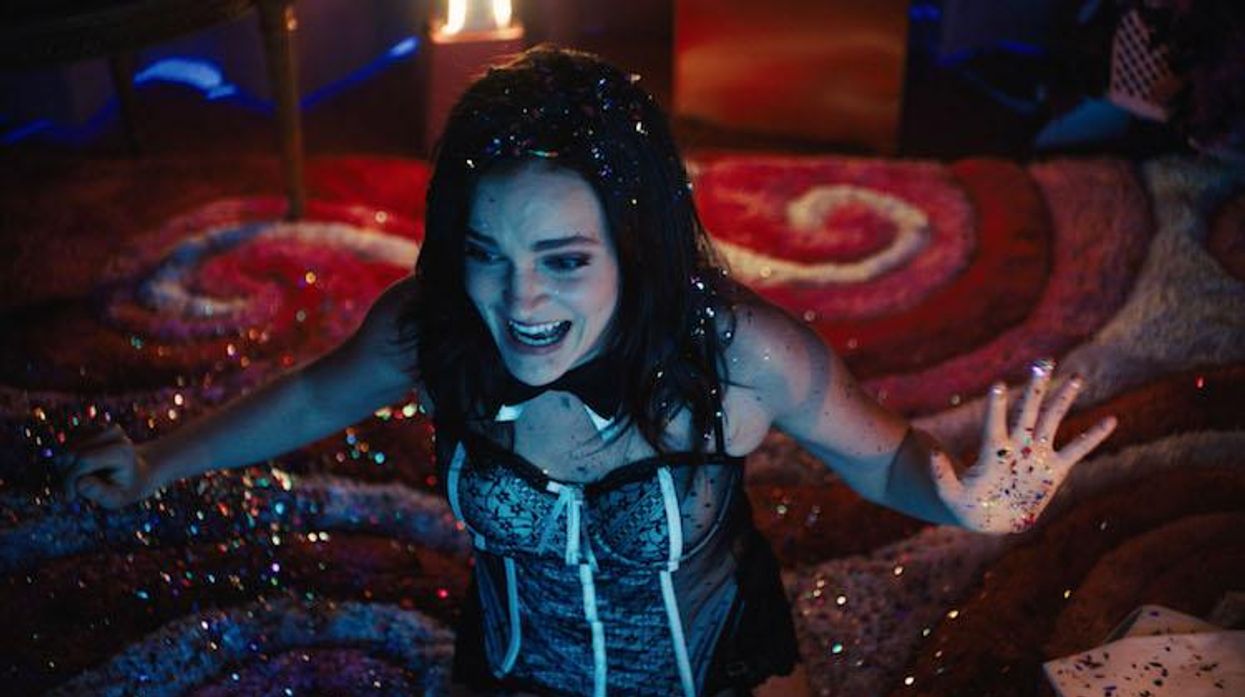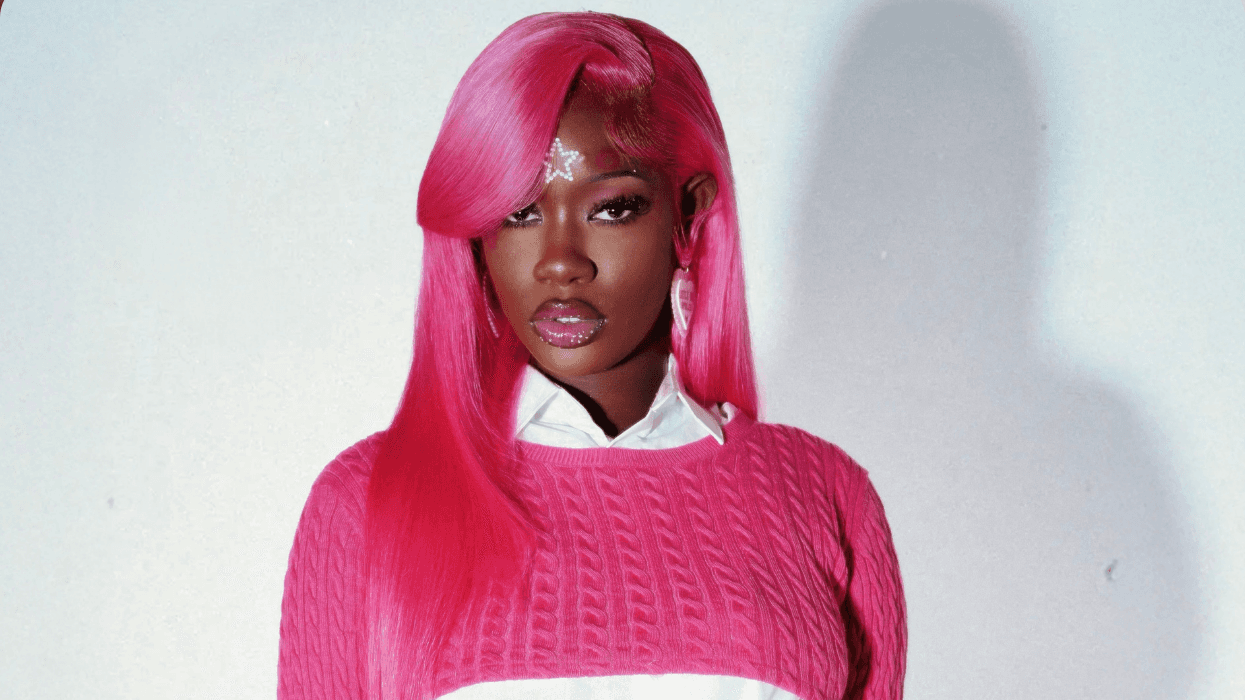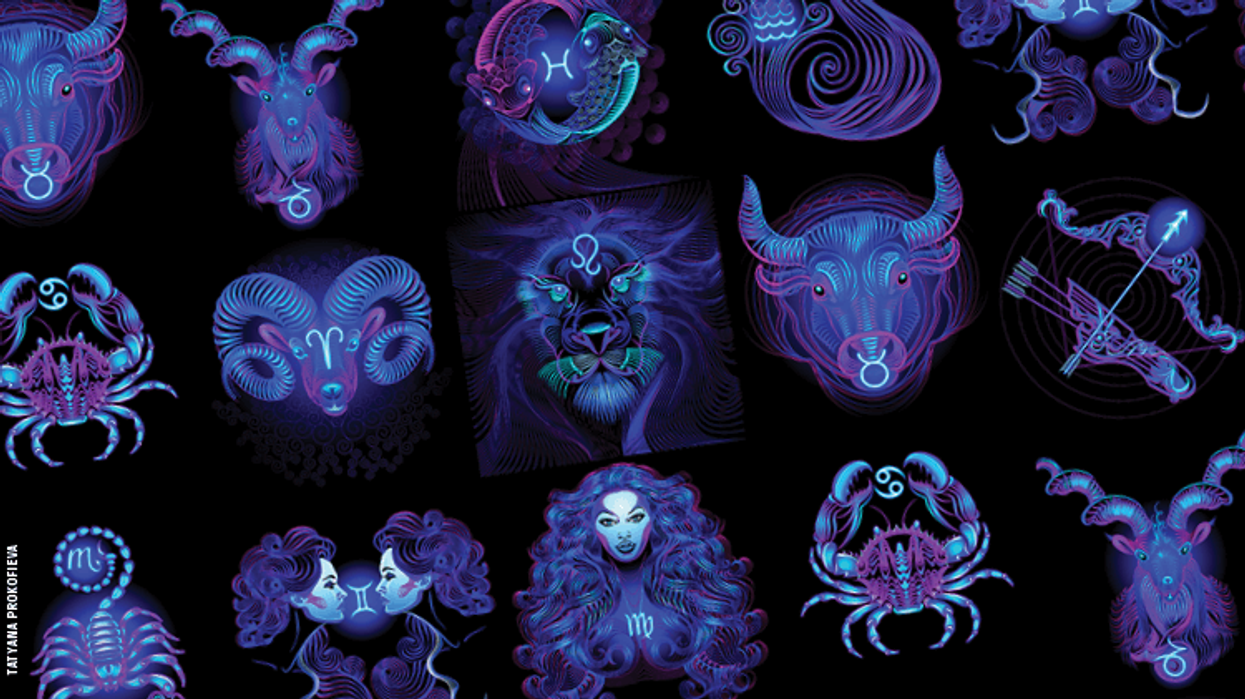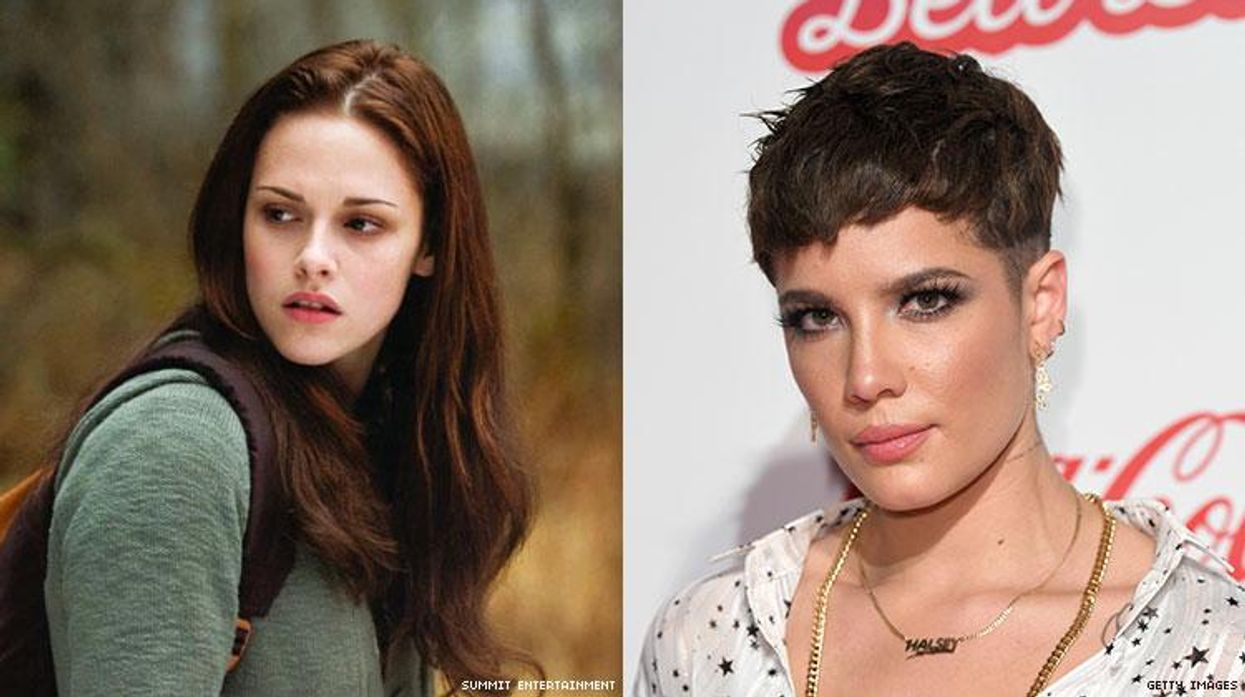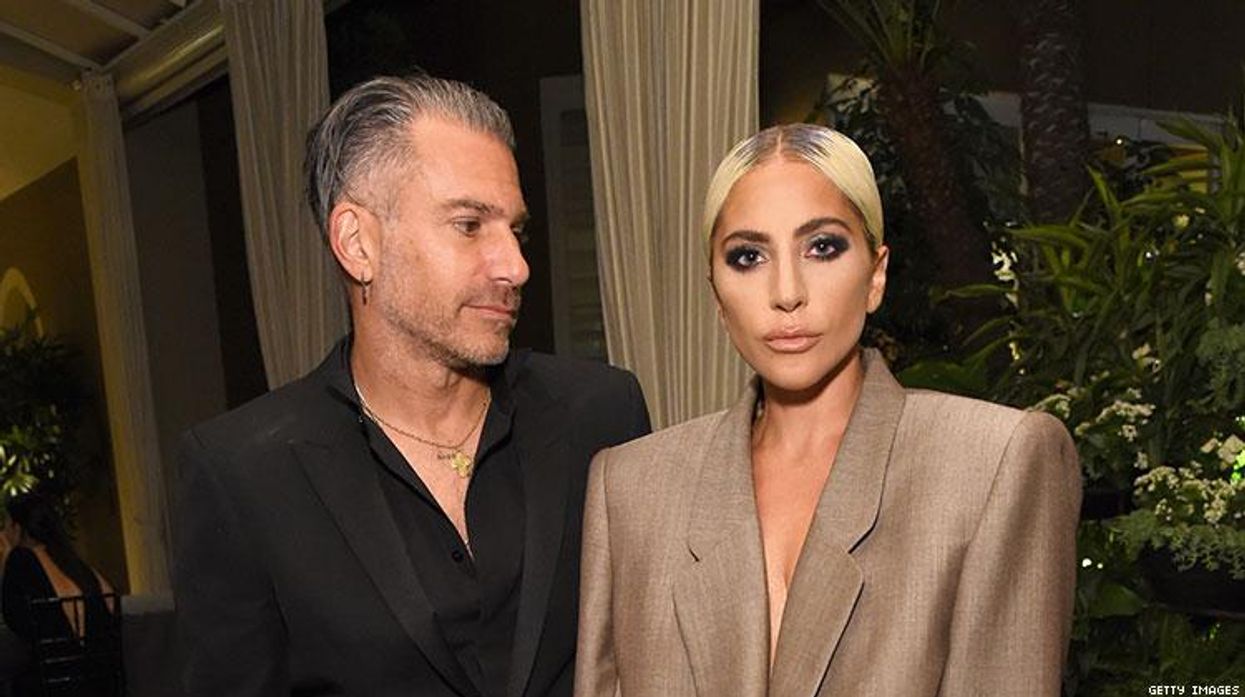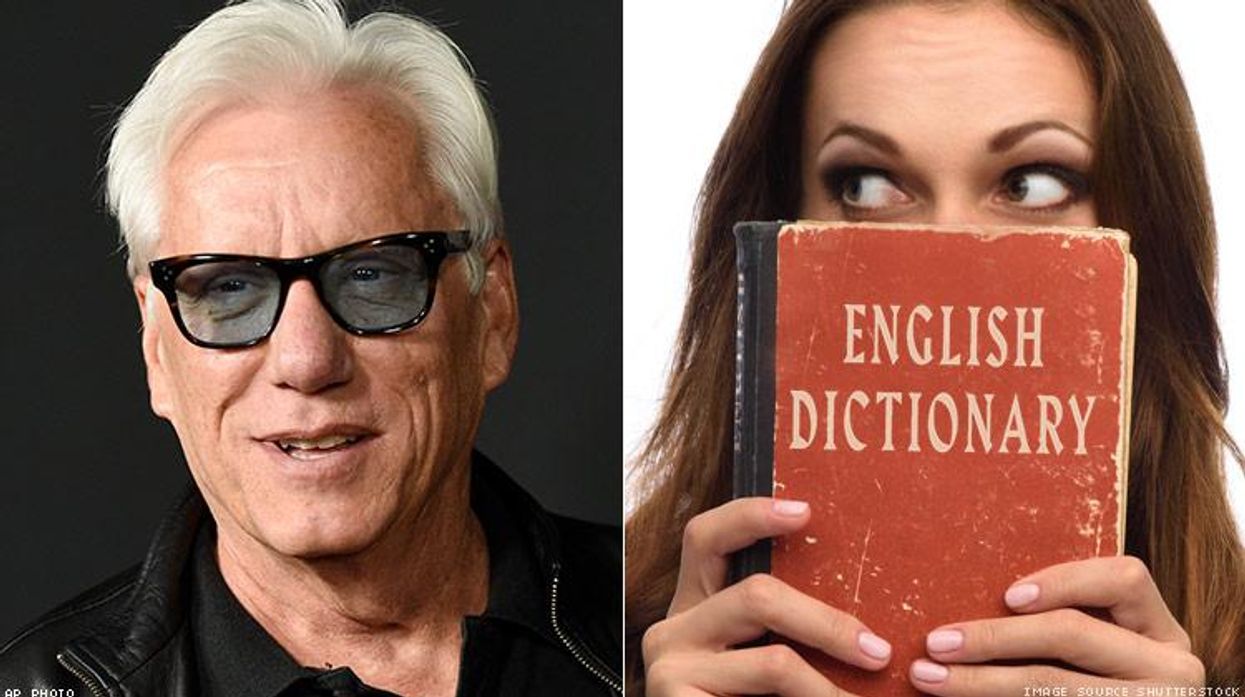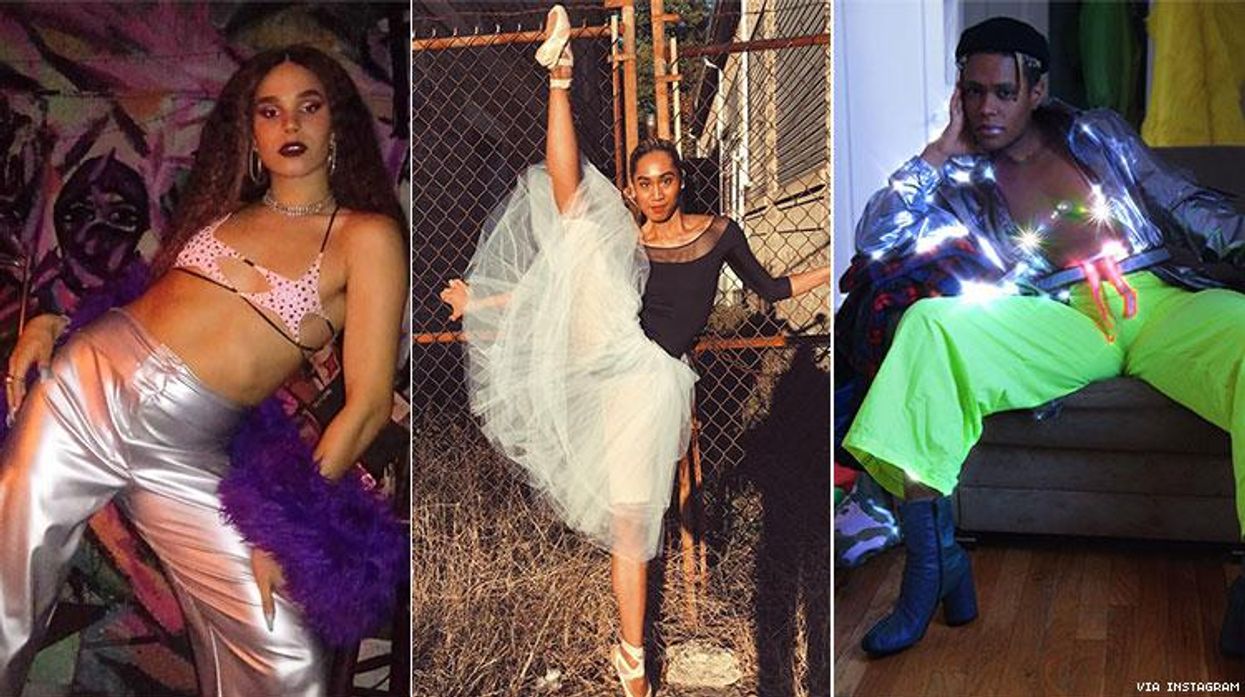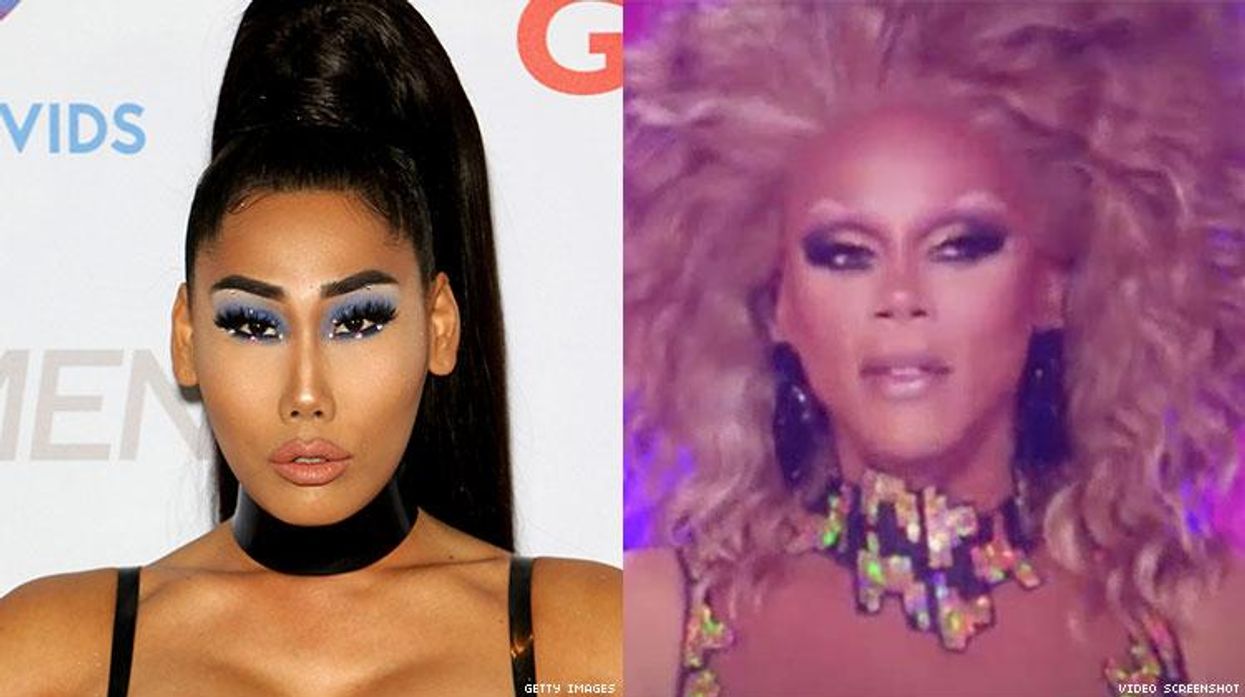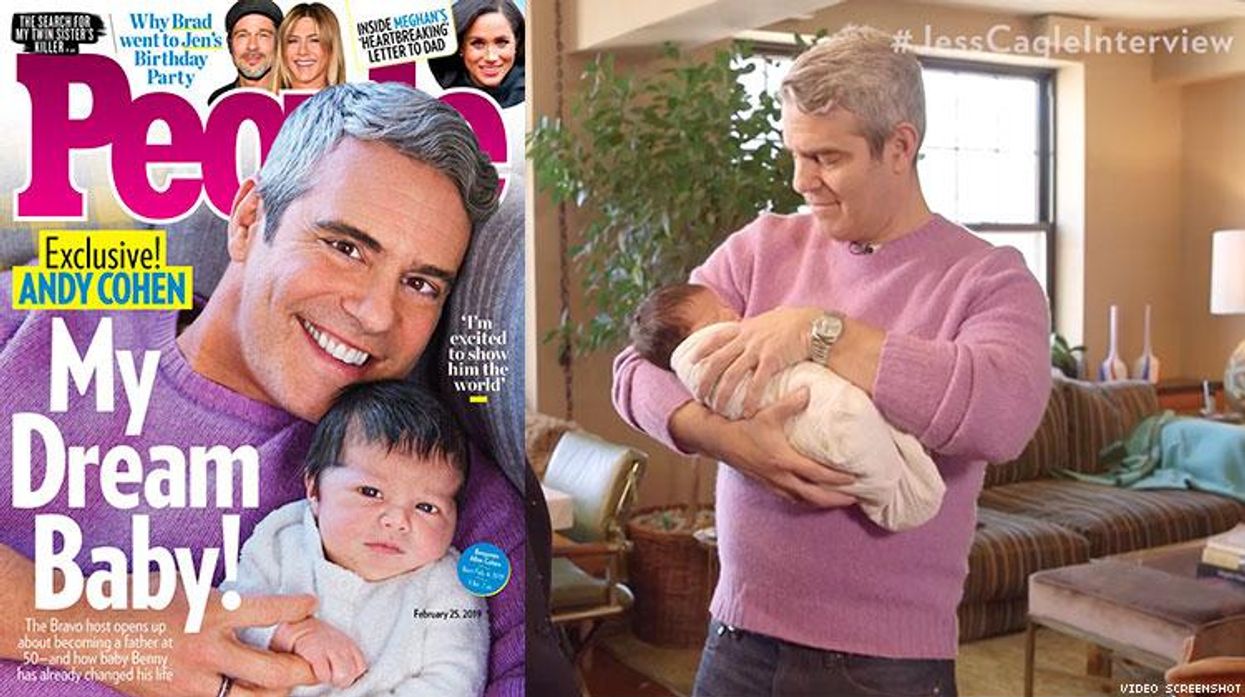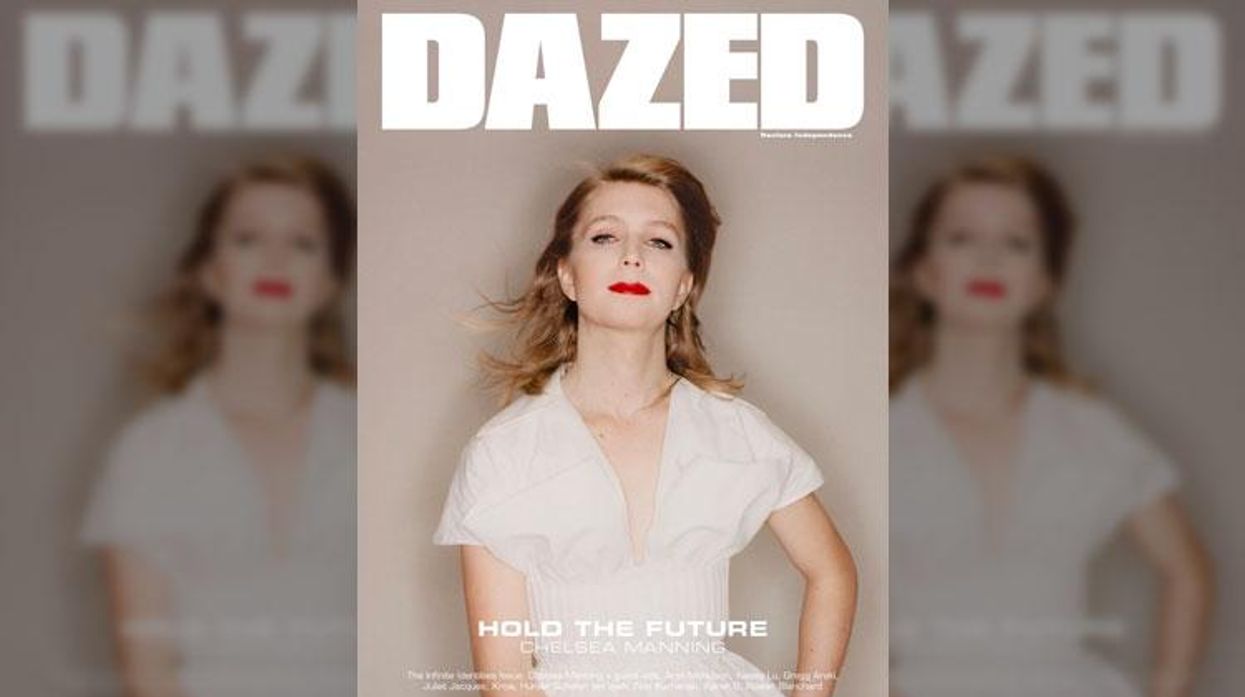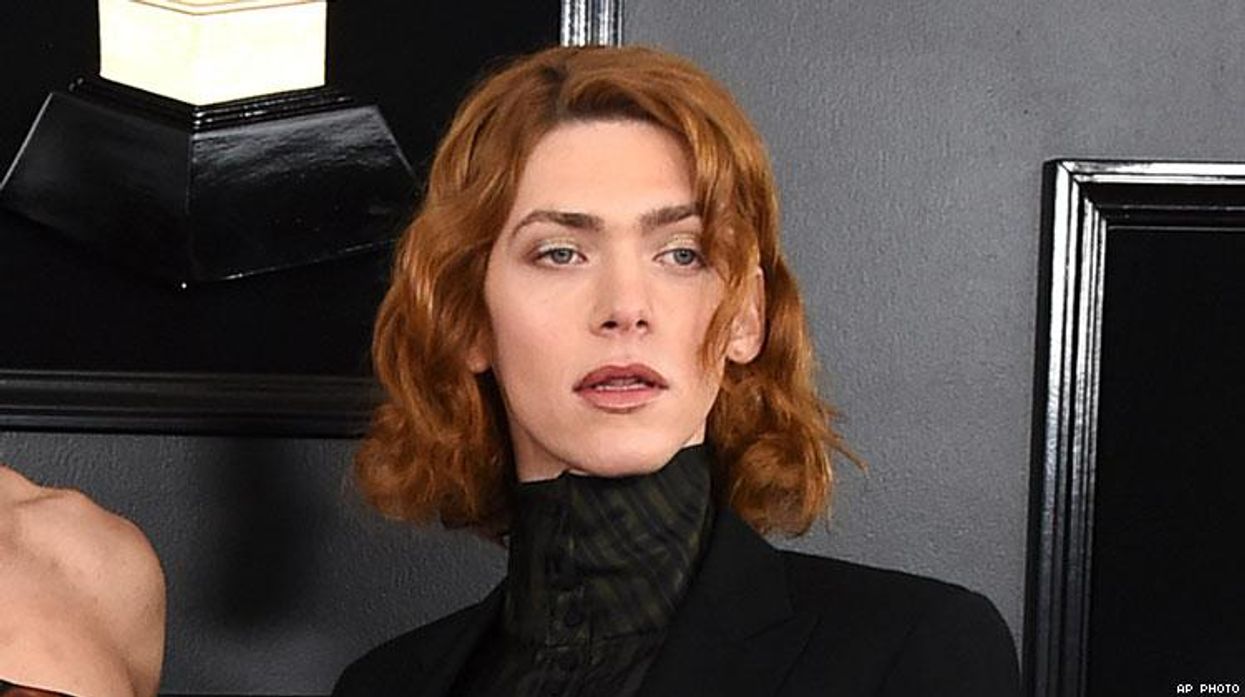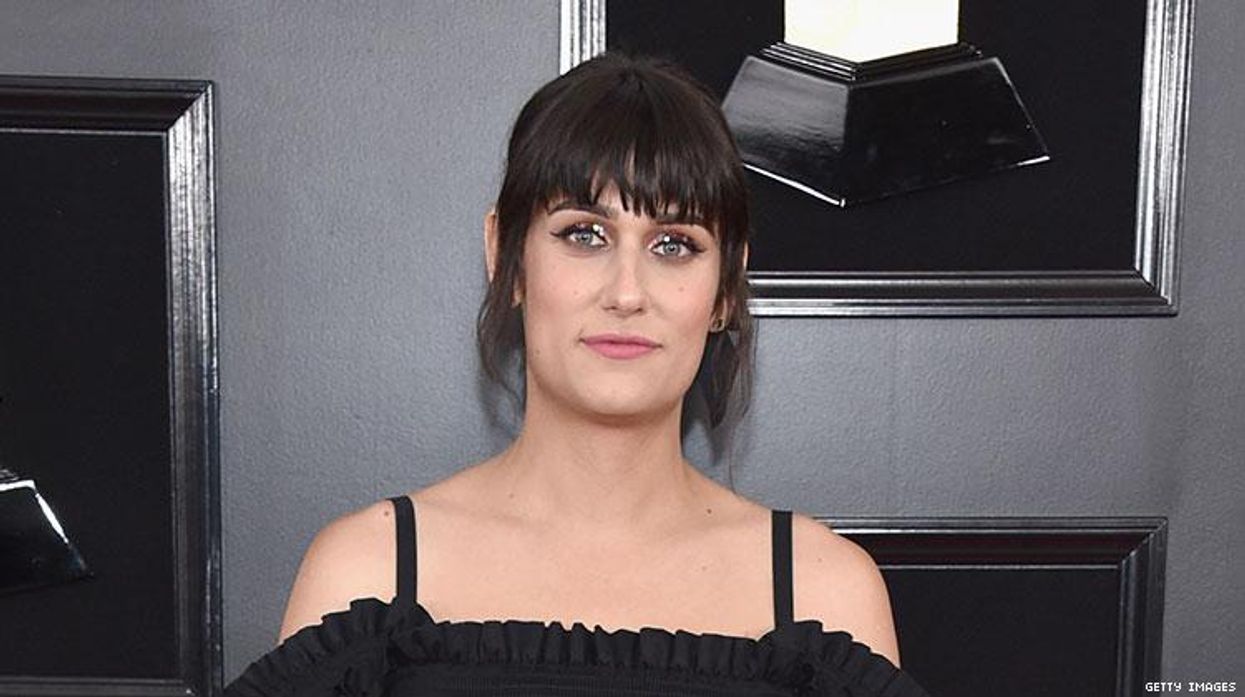Modern horror films like Get Out, It Follows, and Hereditary have left us sufficiently gagged with intense scares, quality writing, and an elevated form of camp (Ann Dowd and Toni Colette holding a seance is cinematic gold!). But Blumhouse's latest title carries a long overdue social commentary that transcends the genre.
Now available on Netflix, Cam follows Alice (Madeline Brewer, The Handmaid's Tale), an ambitious cam girl whose online persona, Lola, is about to break top 50 in her circuit of cam girls. One day, she wakes up to find herself locked out of her account, with a mysterious doppelganger performing as Lola. As Alice struggles to regain control of her account and her own identity, she falls into a psychological spiral that turns her life inside out.
Writer Isa Mazzei drew from her own experience as a cam girl to create this chilling technological thriller, all with the express intention of depicting a sex worker as an authentic, complex protagonist.
"I wanted to tell a story that would help normalize sex work and would have the audience empathize with a sex worker," Mazzei says. "I looked to films like Whiplash or Black Swan, where we have protagonists with deep passions for their work that we never questioned because, as a society, we've decided that those professions are okay."
In the film, Alice's job as a cam girl is never depicted as something exploitative, yet it's not treated as something from which she derives sexual thrills -- early in the film, it's clear that she's built trust with her loyal followers, giving them what they want if they pay and respect her in turn. It's simply a job that she enjoys and is good at.
"I was working as a cam girl, and I was really proud of the work I was doing," she says. "I found my work really healing and transformative because, as a sexual assault survivor and as someone who does get sexually harassed a lot just in my daily life, sex work was a place where I had full agency over my body, where I was setting the boundaries and saying, 'You want to look at me, this is how much it's gonna cost you. You want to touch me, this is how much it's gonna cost you.'"
Mazzei found the perfect director in creative partner and longtime friend, Daniel Goldhaber. The film became a labor of love for both, so much so that they signed up for couple's counseling to maintain a healthy dynamic as collaborators. (The two are not romantically involved.)
While Mazzei came to the film with first-hand experience as a cam-girl, Goldhaber initially entered as more of a voyeur. His first assignment, commissioned by Mazzei, was to participate in cam world himself.
"I cammed for a week right before production," Goldhaber says. "It was a really incredible experience because it wasn't like I was going to walk out of that and know what it's like to be a cam girl or a sex worker, but I would understand a teeny fraction of the kind of vulnerability that you feel. Just the second that you put your naked body online, and you're trying to get people to pay for it, you start engaging with your performative gender in a totally different way."
Camming allowed Goldhaber to open himself up to a totally new revelation about his own identity:
"This film allowed me to recognize that I was performing my own masculinity in a way that had caused a lot of cognitive dissonance since I was very young, and it allowed me to realize that I had always been very attracted to men, but I had never really acknowledged that to myself. And the process of doing the movie kind of let me drop those barriers and be like, 'I'm bisexual.' And I started openly dating guys."
Related | Madeline Brewer Talks Sex Work, Male Gaze, and #MeToo, in Cam
Their experiences in camming paid off, not only in creating the character of Alice, but in casting her. They gave Brewer full control over her nudity. It became not only an appropriate way to approach the character during the #MeToo movement, but a way for Brewer to understand her character's control over her body in this profession.
"First and foremost, we talked about the representation of the female body and the male gaze and how we really wanted to make sure that this film didn't objectify the protagonist or have any gratuitous sex or sexuality in it," Mazzei adds. "That really helped make sure that all of the nudity in the film comes from a place of character and the character's psychology, not from the place of us outside deciding what's best for Alice."
The struggle for Alice ultimately comes in losing that control. When her doppelganger takes over, her identity is compromised. In one scene, the doppelganger enters Alice's real bedroom, showing a photo of her little brother to the viewers.
"When people consume sex work or engage with sex work in a healthy, respectful way, and respect the boundaries, it's a beautiful thing," she says. "Lola comes from this place of having my work and my shows pirated, screen-captured, and then plastered all over the Internet without any attribution to me. I would wake up and see a video of myself on Pornhub or wherever, and it would just be me masturbating and it would say, 'Frizzy Haired Girl Does X.' I felt alienated from my own body because I had no control over it, and it was in no way tied to me anymore. She's just a literalization of that experience."
In a way, the Lola doppelganger becomes corrupted -- no longer a shield for a woman to make money in the safety of her own home and on her own terms, she becomes nothing more than a creation and manipulation of the digital (and social) age.
The film's release comes at a particularly poignant time for sex workers all over the country, as government initiatives like FOSTA/SESTSA and attacks on sites like Rentboy claim to fight sex trafficking, but only make legitimate sex work more difficult and dangerous. It makes the film's "horror" classification seem almost too on-the-nose. As sex workers fight for their rights and the de-stigmatization of their industry, Goldhaber and Mazzei offer a unique film that portrays sex workers with dignity, and shows anyone with a smart phone how we all have a little more in common than you'd think.
Cam is now available on Netflix. Watch the Trailer below:


